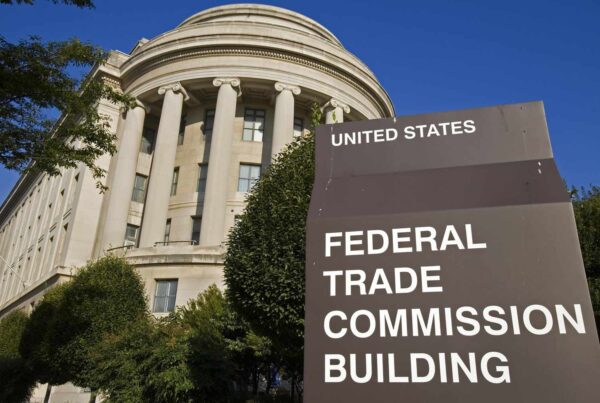Read More Breaking Marketing News
Maverick's Morning Thoughts
Is the FTC Targeting Grand Canyon University for Their Religious Beliefs?
Maverick Steffen - 12/30/2023


I personally could not find any evidence of students complaining about deceptive pricing online, specifically.
They assert that the master services agreement with Grand Canyon Education Inc., in which the for-profit receives 60% of university revenues, is standard for the industry.
3- Refuting Unsubstantiated Claims: The university describes the FTC's allegations as unsubstantiated, expressing intent to refute them fully. They emphasize the positive role they play in addressing major problems in higher education.
The FTC's allegations against GCU are severe and, if proven true, represent a significant breach of trust and legal compliance. The nature of the accusations suggests that GCU may have engaged in practices that are not only deceptive but also potentially harmful to students and their financial well-being.
However, GCU's defense raises questions about the motivations behind these charges.
As a Fortune 500 marketing consultant who has consulted on website pricing structures for dozens of companies (from hospitals to Universities), I find GCUs pricing structure rather transparent (GCU website).
Also, I personally could not find any evidence of students complaining about deceptive pricing online, but rather only typical complaints about high prices for courses in general (Yelp). I felt the same way when I attended Rutgers!
I did find one complaint of telemarketing, and it does seem real, and sincere. A little online reputation management can go a long way in situations like this.
To your success!

DOMINATE and WIN with MAVERICK
Learn how to use marketing to get whatever you want.

Ready to DOMINATE and WIN?
Privacy Policy: We hate spam and promise to keep your email address safe.